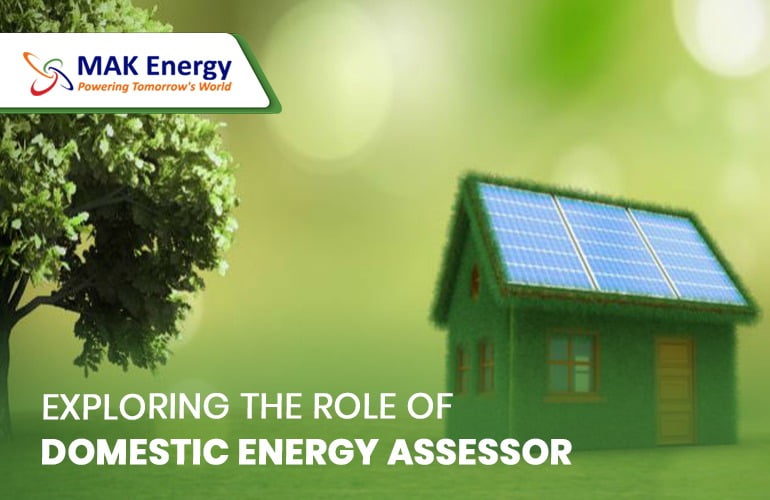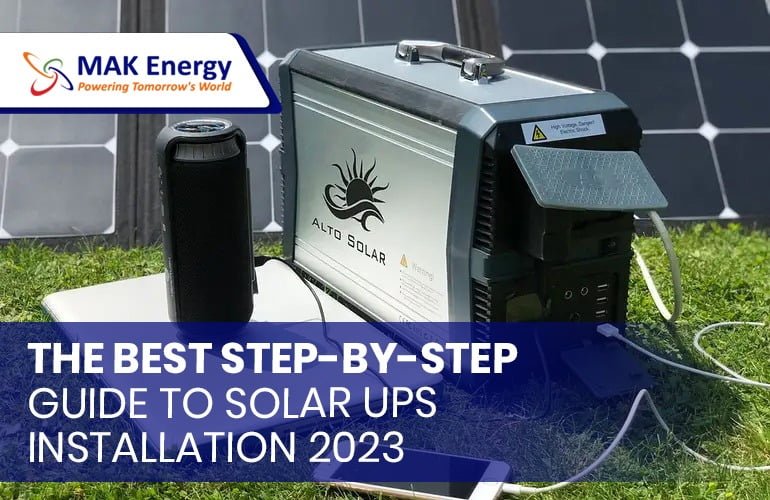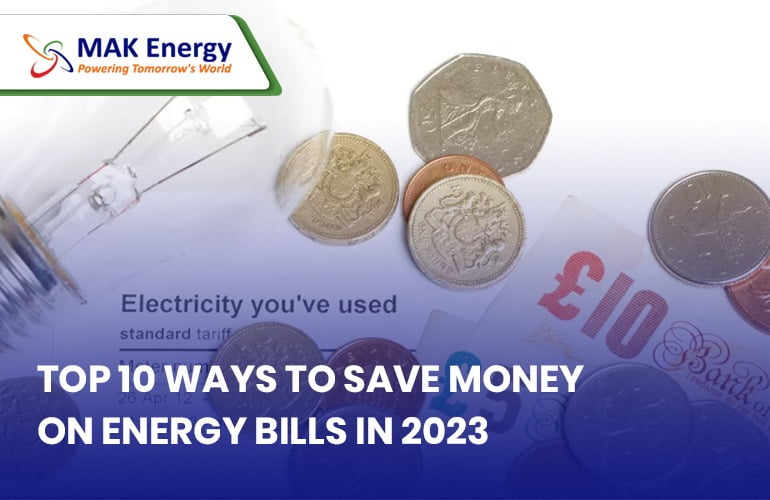Last updated: March 30th, 2023 at 06:30 am
If you’re a homeowner, you may have heard of a Domestic Energy Assessor (DEA) before. But what exactly is a DEA, and what role do they play in the world of home energy efficiency? In this blog post, we’ll explore the ins and outs of the DEA profession and what it means for your home.
What is a Domestic Energy Assessor?
A Domestic Energy Assessor (DEA) is a trained professional who assesses the energy efficiency of residential properties. They use specialized software and tools to generate an Energy Performance Certificate (EPC) that rates a home’s energy efficiency on a scale from A (most efficient) to G (least efficient).
DEAs are required by law to be accredited by a government-approved accreditation scheme in order to provide EPCs for residential properties. This accreditation ensures that DEAs are trained and knowledgeable about the latest energy efficiency standards and regulations.
Why is a DEA important?
A DEA is important for a few reasons. First and foremost, they provide homeowners with valuable information about their home’s energy efficiency. This information can be used to identify areas where improvements can be made, such as insulation or heating upgrades, which can save homeowners money on their energy bills.
In addition, an EPC is required when a property is sold, rented or constructed. This means that without an EPC, a homeowner may not be able to sell or rent their property legally. Therefore, a DEA plays a crucial role in ensuring that homes are compliant with energy efficiency regulations.
What does a DEA do?
A DEA’s main responsibility is to conduct an energy assessment of a property and generate an EPC. This involves collecting data on various aspects of a property, including its construction, heating, lighting, insulation, and ventilation systems.
DEAs use specialized software to analyze this data and generate an EPC that rates the property’s energy efficiency. The EPC includes recommendations for improvements that can be made to improve the property’s energy efficiency rating.
DEAs may also provide additional services, such as Green Deal assessments or advice on energy-saving measures.
How to become a DEA?
To become a DEA, you must complete a training course that is accredited by a government-approved accreditation scheme. The training course typically includes both classroom and
practical training and covers topics such as building construction, energy efficiency, and EPC generation.
After completing the training course, you must also pass an exam to demonstrate your knowledge and competence in energy efficiency assessments.
Once you have passed the exam and obtained your accreditation, you can start providing EPCs for residential properties.
Conclusion
In conclusion, a Domestic Energy Assessor plays a crucial role in the world of home energy efficiency. They provide homeowners with valuable information about their home’s energy efficiency and ensure that homes are compliant with energy efficiency regulations.
If you’re considering selling or renting your property, or simply want to improve your home’s energy efficiency, a DEA can provide you with the information and guidance you need. By understanding the role of a DEA, you can make informed decisions about your home’s energy efficiency and take steps to save money on your energy bills.




